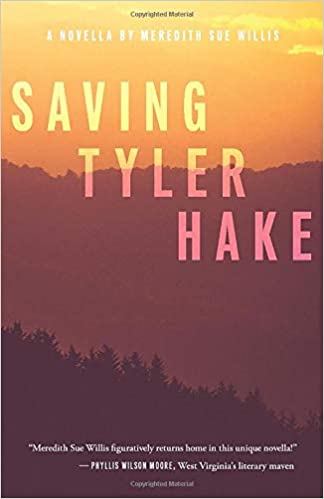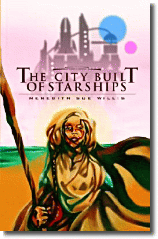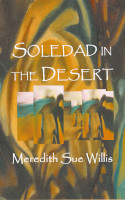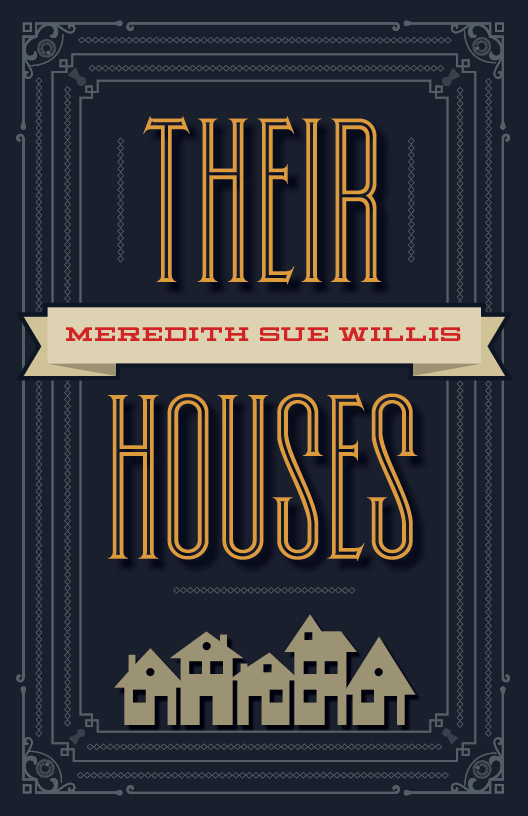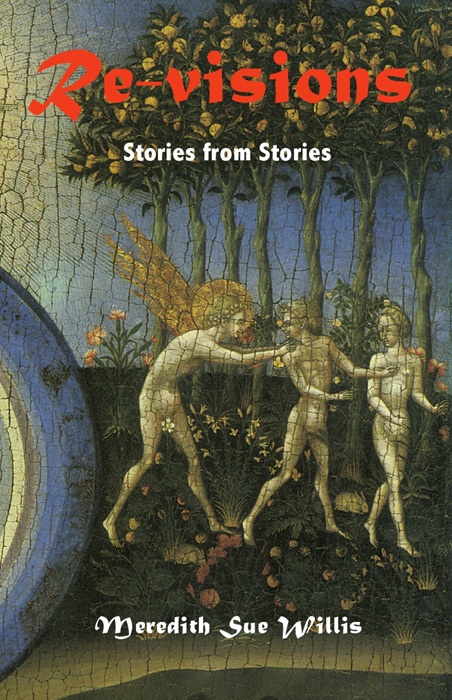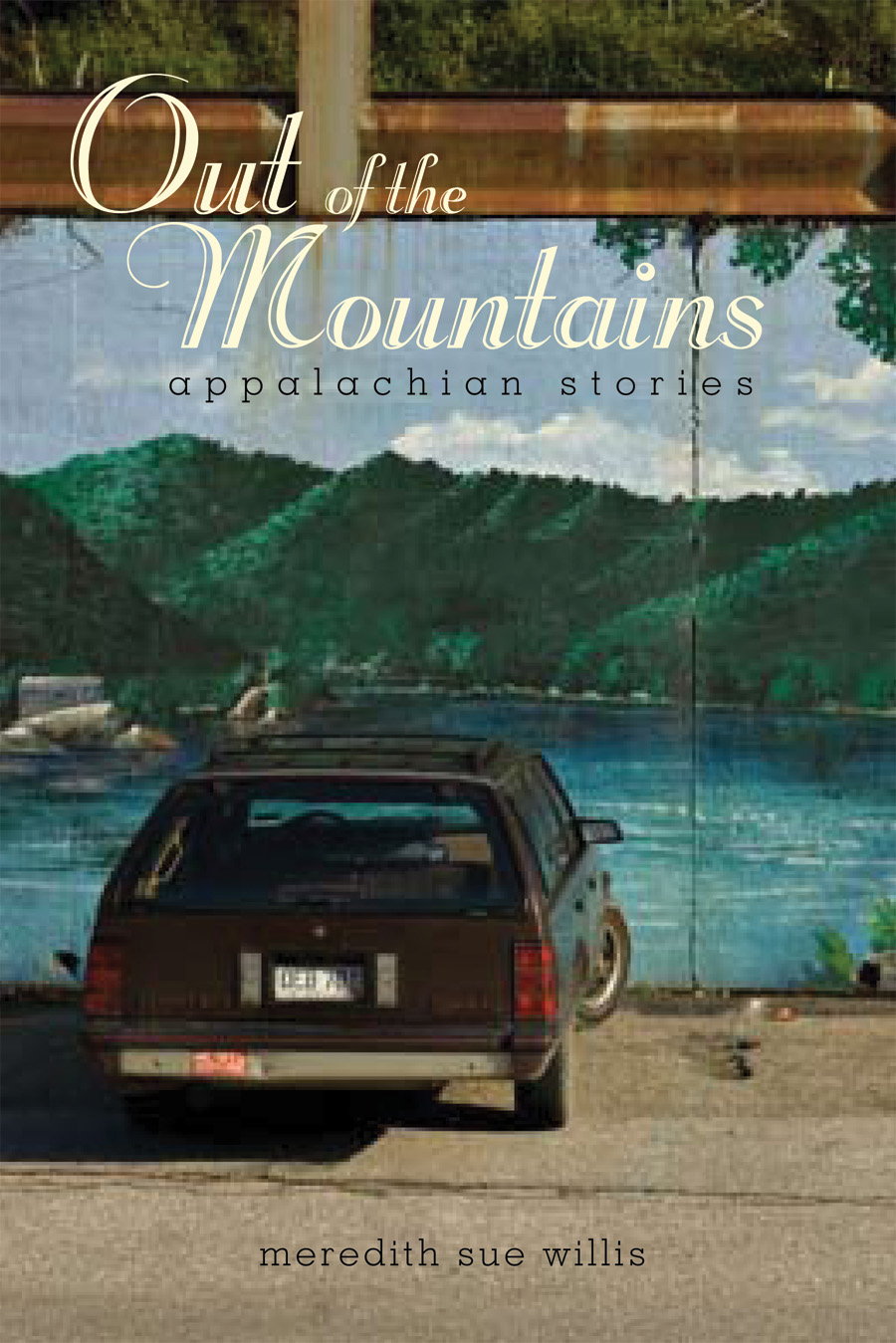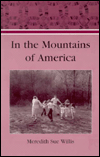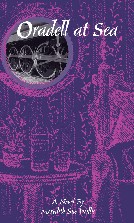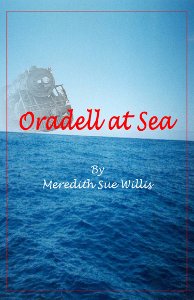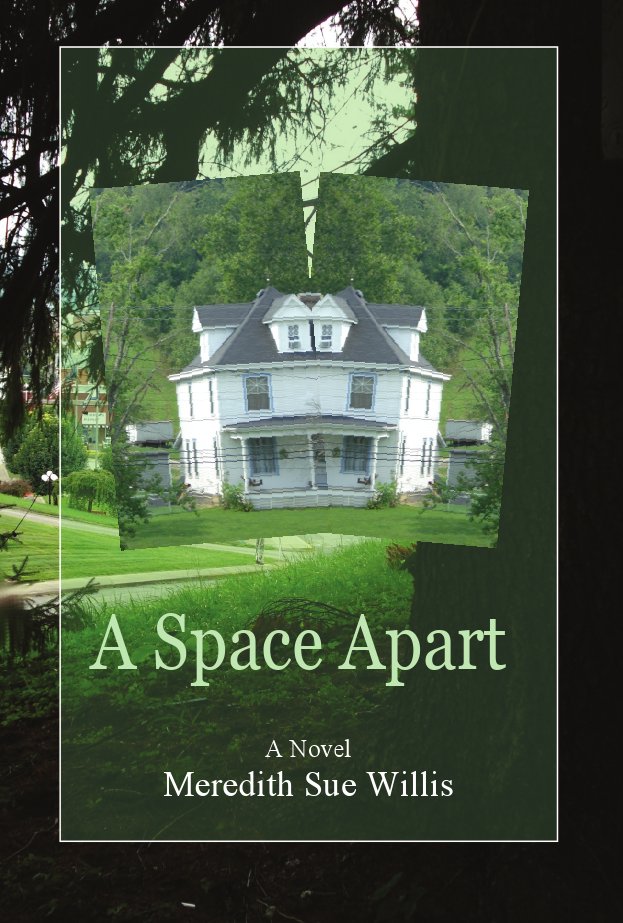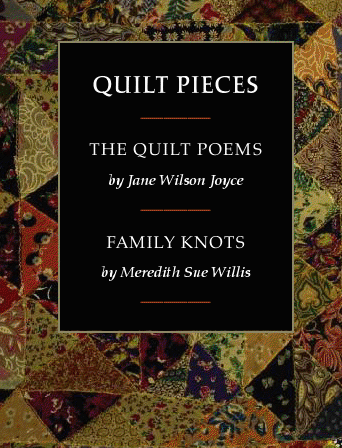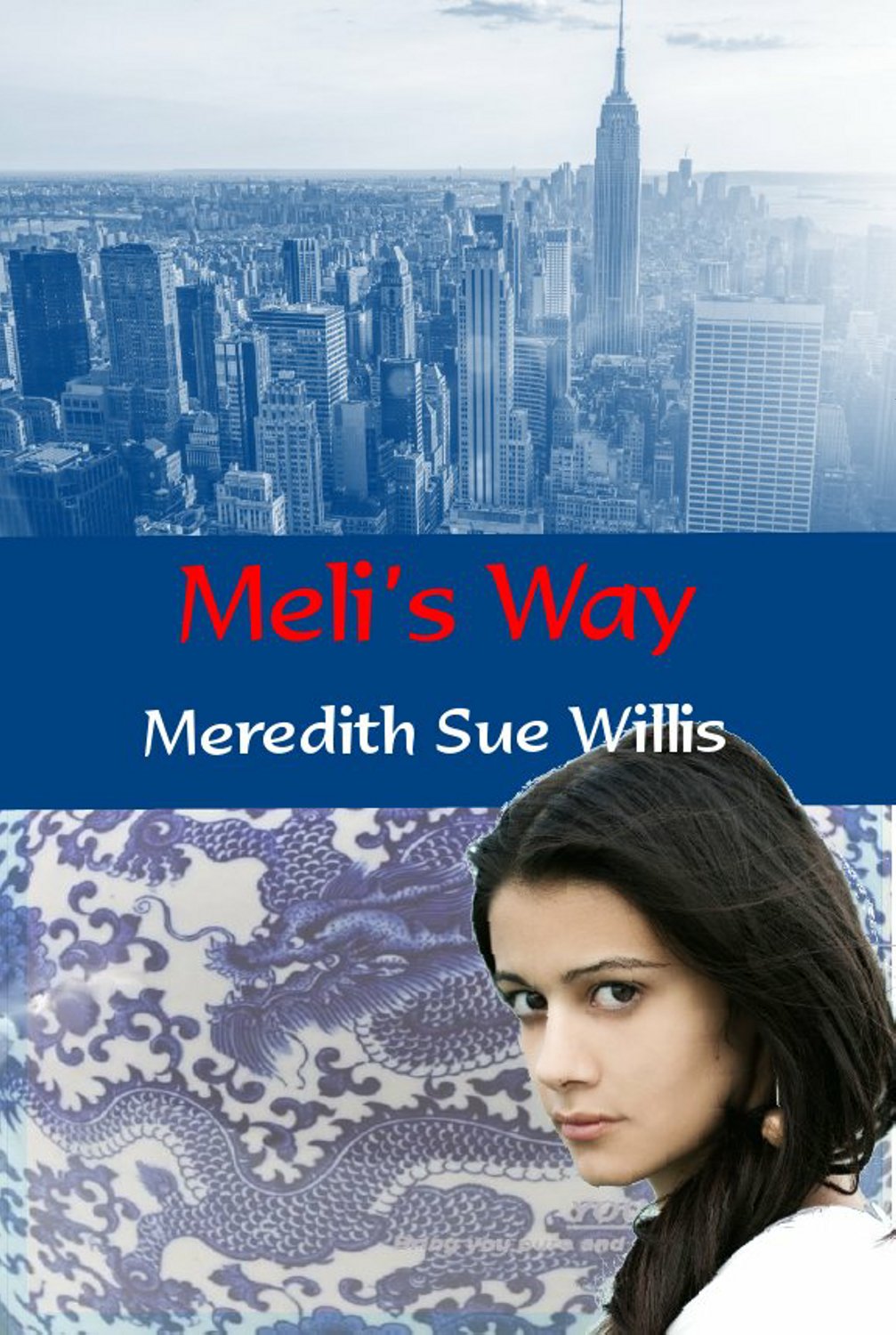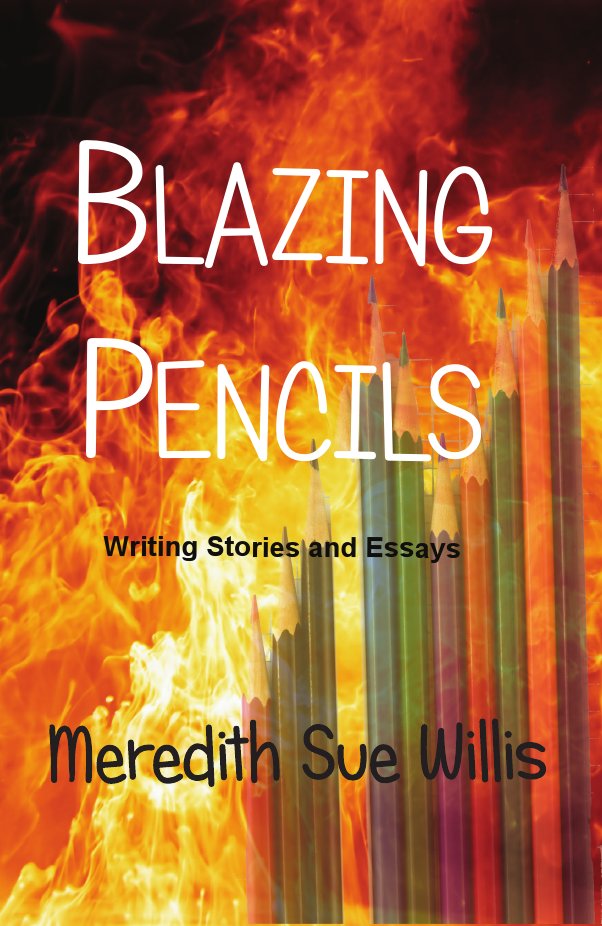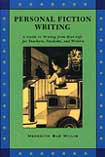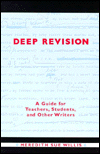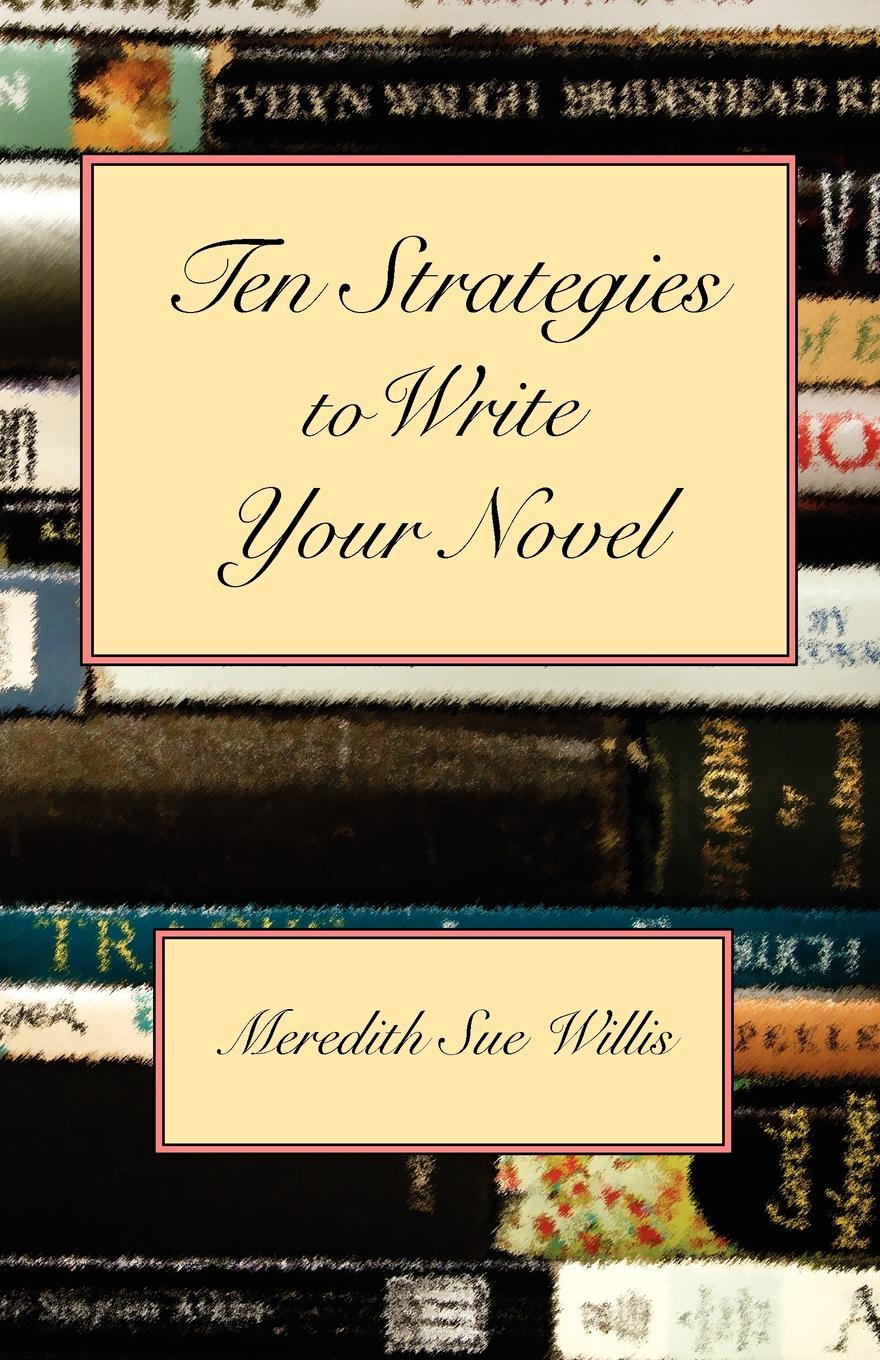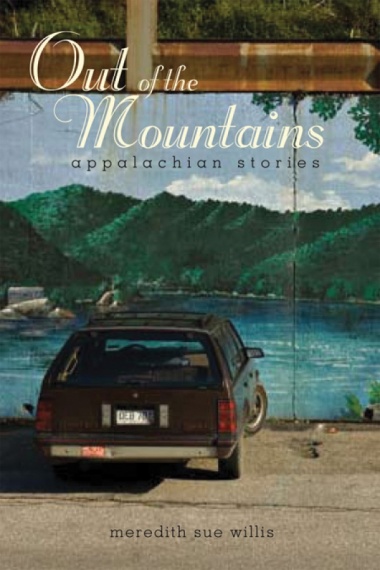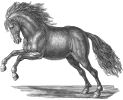Books by Meredith Sue Willis Samples of MSW's Writing Online News About MSW Biography
Newsletter for Readers and Writers Appearances, Publications, and Projects Online Classs with MSW
Services MSW Provides Resources for Writers Writing Exercises Journal of Practical Writing
[Housekeeping for Prose Narrative January 2025] For a lot more links, go here.
Contact
Today is
Quotations: Mostly Writers on Writing:
For just as man is a tool-making animal and has recreated his natural world with his tools, so is he a fiction-making animal and refashions his imaginative landscape wth his fictions.
Chinua Achebe, "The Truth of Fiction" in Hopes and Impediments: Selected Essays (New York: Anchor/Random House, NY, 1988), p. 141
Arnold Bennett on Imagining an Execution: (From the Preface to Arnold Bennett's The Old Wives Tale):
It has been asserted that unless I had actually been present at a public execution, I could not have written the chapter in which Sophia was at the Auxerre solemnity. I have not been present at a public execution, as the whole of my information about public executions was derived from a series of articles on them which I read in the Paris Matin.
Mr. Frank Harris, discussing my book in Vanity Fair, said it was clear that I had not seen an execution, (or words to that effect), and he proceeded to give his own description of an execution. It was a brief but terribly convincing bit of writing, quite characteristic and quite worthy of the author of "Montes the Matador" and of a man who has been almost everywhere and seen almost everything. I comprehended how far short I had fallen of the truth!
I wrote to Mr. Frank Harris, regretting that his description had not been printed before I wrote mine, as I should assuredly have utilized it, and, of course, I admitted that I had never witnessed an execution.
He simply replied, "Neither have I."
This detail is worth preserving, for it is a reproof to that large body of readers, who, when a novelist has really carried conviction to them, assert off hand: "O, that must be autobiography!"
Michael Chabon believes that three things are required for success as a novelist: talent, luck, and discipline. He says, “Discipline is the one element of those three things that you can control, and so that is the one that you have to focus on controlling, and you just have to hope and trust in the other two.”
A story is...."a narrative of events arranged in their time sequence. A plot is also a narrative of events, the emphasis falling on causality. 'The king died, and then the queen died,' is a story. 'The king died, and then the queen died of grief,' is a plot. The time-sequence is preserved, but the sense of causality overshadows it. Or again: 'The queen died, no one knew why, until it was discovered that it was through grief at the death of the king.' This is a plot with a mystery in it, a form capable of high development. It suspends the time-sequence, it moves as far away from the story as limitations will allow. Consider the death of the queen. If it is in a story, we say, 'and then?' If it is in a plot we ask, 'why?'"
-- E.M. Forster in Aspects of the Novel
[Charles Dickens and H.G. Wells ] are, both, humorists and visualizers who get an effect by cataloguing details and whisking the page over irritably. They are generous-minded; they hate shams and enjoy being indignant about them; they are valuable social reformers; they have no notion of confining books to a library shelf. Sometimes the lively surface of their prose scratches like a cheap gramophone record, a certain poorness of quality appears, and the face of the author draws rather too near to that of the reader. In other words, neither of them has much taste: the world of beauty was largely closed to Dickens, and is entirely closed to Wells.
-- E.M. Forster in Aspects of the Novel
...Coming back and reading what I have produced, I am unable to detect the difference between what came easily and when I had to sit down and say, "Well, now it's writing time and now I'll write." There's no difference on paper between the two. — Frank Herbert, author of Dune.
It's such a brutal environment, even one letter from someone who's read and thought about one's work seems remarkable.
-- Ingrid Blaufarb Hughes
Lewis Hyde writes about art and the market economy: ".....there are categories of human enterprise that are not well organized or supported by market forces. Family life, religious life, public service, pure science, and of course much artistic practice: none of these operates very well when framed simply in terms of exchange value. The second assumption follows: any community that values these things will find nonmarket ways to organize them. It will develop gift-exchange institutions dedicated to their support.
– Lewis Hyde, “On Being Good Ancestors,” The Gift (New York: Vintage, 1979-2007) pp 379-379.
Titles are important; I have them before I have books that belong to them. I have last chapters in my mind before I see first chapters, too. I usually begin with endings, with a sense of aftermath, of dust settling, of epilogue. I love plot, and how can you plot a novel if you don't know the ending first? How do you know how to introduce a character if you don't know how he ends up? You might say I back into a novel. All the important discoveries—at the end of a book—those are the things I have to know before I know where to begin.
-- John Irving
"I usually begin with endings, with a sense of aftermath, of dust settling, of epilogue. I love plot, and how can you plot a novel if you don't know the ending first? How do you know how to introduce a character if you don't know how he ends up? You might say I back into a novel. All the important discoveries—at the end of a book—those are the things I have to know before I know where to begin."
-- John Irving
“The two most engaging powers of an author are, to make new things familiar, and familiar things new.” -- attributed to Samuel Johnson, in reference to Pope’s Rape of the Lock
"I've always agreed with William Faulkner—he said that the human heart in conflict with itself is the only thing worth writing about. I've always taken that as my guiding principle, and the rest is just set dressing. I mean, you can have a dragon, you can have a science fiction story set on a distant planet with aliens and starships, you can have a western about a gunslinger, or a mystery novel about a private eye, or even literary fiction—and ultimately you're still writing about the human heart in conflict with itself. So that's the way I try to approach this thing. And while I may work within a genre, I've never liked to be bound by them. I have a lot of fun in frustrating genre expectations, using a bit of this or a bit of that, and doing something that hasn't been done before."
-- George R.R. Martin in an online inteview with The Atlantic.
George R.R. Martin (Game of Thrones) says that he thinks of himself as a " 'gardener'—he has a rough idea where he's going but improvises along the way. He sometimes fleshes out only as much of his imaginary world as he needs to make a workable setting for the story. Tolkien was what Martin calls an 'architect.' Tolkien created entire languages, mythologies, and histories for Middle-earth long before he wrote the novels set there. Martin told me that many of his fans assume that he is as meticulous a world-builder as Tolkien was. They write to say, 'I'm fascinated by the languages. I would like to do a study of High Valyrian' '—an ancient tongue. 'Could you send me a glossary and a dictionary and the syntax?' I have to write back [says Marting] and say, 'I've invented seven words of High Valyrian.' "(Full Article click here.)
"Taking a book off the brain...is akin to the ticklish & dangerous business of taking an old painting off a panel--you have to scrape off the whole brain in order to get at it with due safety--&even then, the painting may not be worth the trouble."
-- Herman Melville
For me there is no such thing as fiction without poetry and politics. If you excise either one, you have taken the heart of us all. You won't get rich following my advice, but you may come up with something close to true..
The acquisition of wealth should not be our primary goal. Nor should greater and greater numbers of readers. The foremost goal on our minds should be to create a story that is true to its own world view.
Grace Paley once said in an interview, "I'm an ear believer--I think the ear is smarter than the eye. The experience of reading your work aloud in a class carries you back to that original impulse, 'I want to tell you something.' 'What did you want to tell me? Tell me.' When you tell a story, it's your voice telling a story. You really can hear what's wrong with it. People think you can just sort of smear over it, but that's not true. What I'm trying to do is to remind students they have two ears. One is the ear that listens to their own ordinary life, their family and the street they live on, and the other is the tradition of English literature."
People don't turn themselves over to writers as full-blown literary characters– generally they give you very little to go on and, after the impact of the initial impression, are barely any help at all. Most people (beginning with the novelist– himself, his family, just about everyone he knows) are absolutely unoriginal, and his job is to make them appear otherwise. It's not easy. If Henry was ever going to turn out to be interesting, I was going to have to do it.
– Phillip Roth (in the voice of his character Zuckerman) Counterlife
You can be pretty polemical in a novel. What you have to be careful of is appearing, as author, to intrude upon your narrative. When readers sense a writer pulling strings, then they start thinking of the characters as puppets, not really people. I never want to pull readers out of the dream.
"I don’t know if Native Son is a good book or a bad book. And I don’t know if the book I’m working on now will be a good book or a bad book. And I really don’t care. The mere writing of it will be more fun and a deeper satisfaction than any praise or blame from anybody."
-- Richard Wright
All MSW's Books
Buy via Bookshop.org--the online bookstore that splits proceeds with brick-and-mortar stores!
Novels and Short Stories for Adults
Books for Teens and Children
Books about Writing
E-book Versions of MSW books
(To buy any of these books as e-books, click on the image. They are also available at the
Kindle Store and at the Nook Store as well as the iBook store and other e-book stores.)
Lots of Links:
Articles for Writers
Biography of MSW
Blog
Books by MSW
MSW Classes Online
Adult & kid workshops
Book Reviews by MSW
Center for Writing Studies (grammar & more)
Contact MSW
E-Books by MSW
Fiction Online by MSW
Grammar-Word Study
Grammarist
Grammar GirlInformation about MSW
A Journal of Practical Writing
Kids Page
Literature to Read
and Study (online)Links for Writers and Readers
Manuscript Consultations
Newsletter on
Books and WritingNews
Nonfiction by MSW
Obituaries and More
Online Classes
Order Books
Order Books Online
Point-of-View Characters Who Are Not Your Gender
Publicity
Practical Writing Journal
Resumé
Resources for Writers
Samples of MSW Writng
Structuring a Murder Mystery NovelTeens Page
Tips for Writers
Upcoming MSW events
Videos of MSW
What's On This Site?
Who is MSW?
Workshops with MSW
Writing Exercises
WSM Technical Services
Writing Tips
Appalachian YA Literature

Taxicab Willis-Weinberger Extraoredinary Budgerigar
March 2006-March 30,2020
Irene Weinberger Books.... an imprint of
Hamilton Stone Editions
Check us out!
To receive MSW's free newsletter for readers and writers and notice of online classes and other MSW news, join her mailing list here:
Images and photos found on the various pages of this web site may be used by anyone, but please attribute the source when it is specified.
Meredith Sue Willis Author and Teacher is licensed under aCreative Commons Attribution 4.0 International License.
